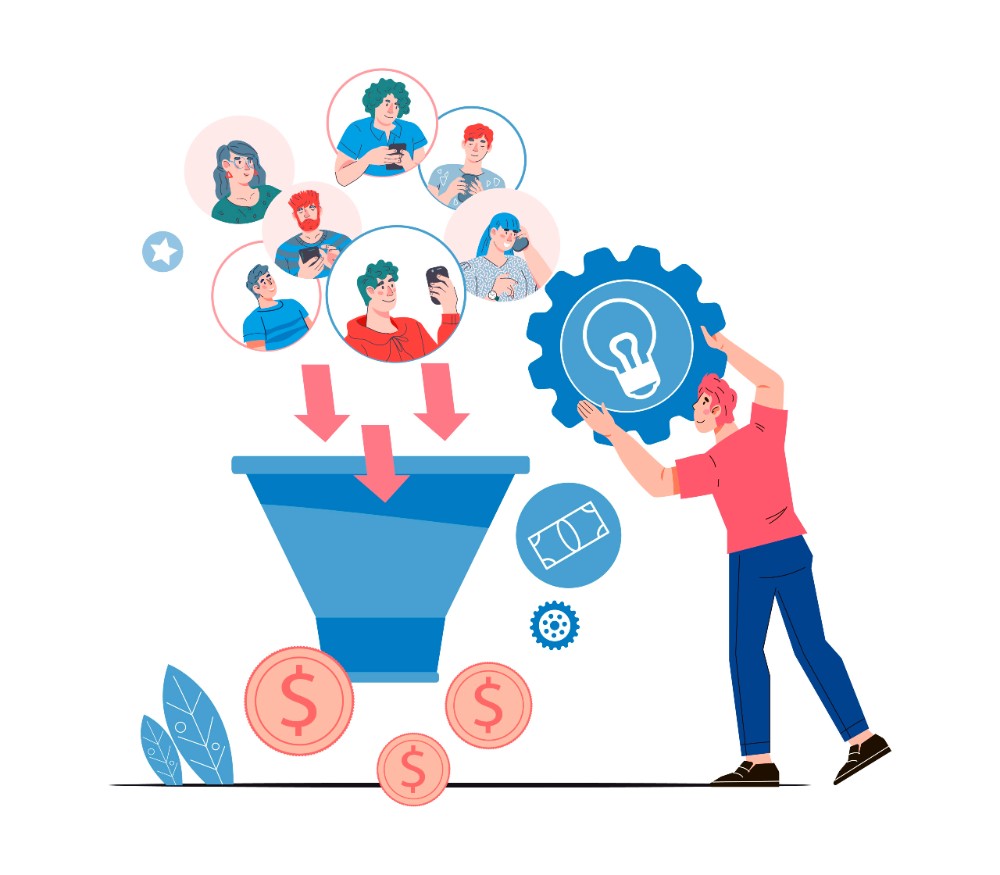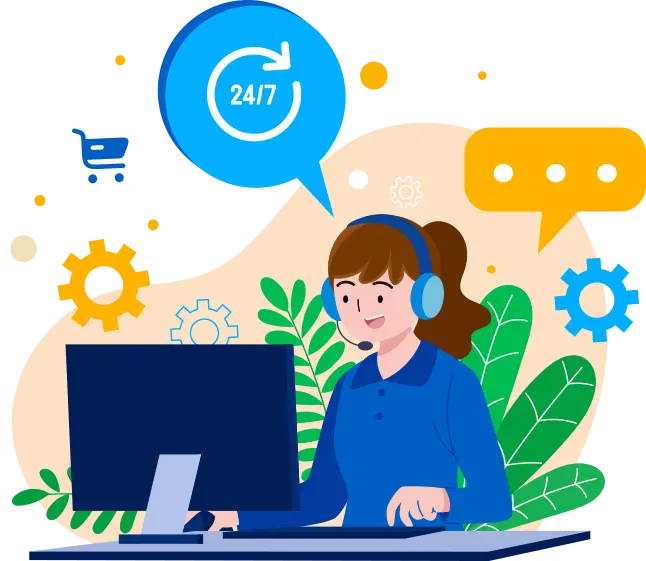In online retail, the quality of product pages is crucial. A pricing mistake, incomplete description, or missing photo can instantly lead to a lost sale and even damage a brand’s reputation. To avoid these pitfalls, more and more companies are choosing to outsource their e-commerce quality control. This solution ensures reliable, consistent, and attractive product pages while freeing up time for internal teams.
Why is product page quality strategic?
A product page is not just a simple description: it is the first interface between the customer and the product. It must inform, convince, and reassure.
The impacts of poorly managed product pages:
- Lost sales: incorrect prices or wrong product details discourage purchases.
- Product returns: inaccurate information leads to costly returns.
- Poor brand image: inconsistencies reduce consumer trust.
- SEO issues: poorly structured pages hurt organic search rankings.
Conversely, well-controlled product pages improve user experience, increase conversion rates, and strengthen the credibility of an online store.
What does outsourced quality control involve?
Outsourcing quality control means entrusting a specialized external team with the systematic verification of product pages.
Key tasks include:
- Verifying the accuracy of information (price, weight, dimensions).
- Harmonizing titles and descriptions according to a defined style guide.
- Checking image consistency (quality, format, angles).
- Ensuring compliance with industry standards (textile, electronics, food).
- Optimizing pages for SEO (keywords, tags, structure).
By delegating this task to a service provider, e-merchants gain accuracy, speed, and peace of mind.
Benefits for an e-merchant:
- Error reduction – Specialized teams follow strict procedures, reducing human error risks.
- Time savings – Quality control can take hundreds of hours each month. Outsourcing frees time for marketing, customer relations, and strategy.
- Dedicated expertise – Providers are trained in e-commerce best practices and know how to adapt tone, presentation, and visuals to market expectations.
- Flexibility – Resources can be scaled up or down quickly depending on product volume.
- Cost optimization – Outsourced quality control, especially nearshore, is often more cost-effective than managing it internally.
Case study: a fashion e-merchant
A European online fashion retailer managed a catalog of 20,000 items. Frequent errors in sizes, materials, and images led to high return rates and an estimated annual loss of €200,000.
By outsourcing e-commerce quality control to a nearshore team:
- 95% of product pages were standardized in under 6 months.
- Returns due to description errors decreased by 30%.
- Time to publish a new product went from 3 days to 24 hours.
Result: net financial gain and improved customer satisfaction.
Automation and quality control: an effective duo
Outsourcing is no longer just manual work. Providers now combine human expertise with automated tools:
- Automatic detection tools for inconsistencies (abnormal prices, missing fields).
- Verification scripts to detect duplicates.
- AI solutions to check image quality or suggest corrections.
👉 Example: an electronics site integrated automation to check price/stock consistency. The outsourced team only intervened for detected anomalies, reducing control time by 40% while improving overall reliability.
Why outsource nearshore?
Nearshoring offers a balance between cost, proximity, and communication quality.
Nearshore benefits for e-commerce:
- Time zone proximity: fast, responsive exchanges.
- Cultural understanding: alignment with European quality standards.
- Significant cost savings: more competitive rates than local hiring.
Many e-merchants now rely on teams in Africa or Eastern Europe, where digital skills are strong.
EOR company: securing outsourcing
Outsourcing raises legal and contractual questions. How can you collaborate with a foreign team while staying compliant?
EOR companies are a key solution: they allow integration of external experts while respecting local laws and simplifying administrative management.
👉 Talenteum supports e-merchants with this secure model, providing quality control specialists and handling administrative and legal aspects.
Example case: a food e-merchant
A site specializing in organic food needed to regularly update product pages to reflect new regulations (ingredients, allergens, labels). With an outsourced team via Talenteum:
- 100% of product pages were verified and updated within 3 months.
- Regulatory compliance was ensured, avoiding potential sanctions.
- Customer complaints decreased by 20%.
This outsourcing strengthened credibility and improved customer satisfaction.
Outsourced e-commerce quality control is an effective solution for ensuring product page reliability, reducing errors, and enhancing the customer experience. By combining automation with specialized teams, companies gain productivity and competitiveness. Solutions like EOR companies make it easy to integrate experts securely.
👉 Contact Talenteum today to discover how to optimize your product pages and enhance your e-commerce quality.
FAQ – Outsourced E-Commerce Quality Control: Error-Free Product Pages
The product page is the first point of contact between the customer and the product. Pricing errors, incomplete descriptions, or missing images can lead to lost sales, costly returns, and damage to brand image. High-quality pages reassure customers, enhance user experience, and increase conversion rates.
It involves delegating the systematic verification of product pages to a specialized team. Tasks include verifying information (price, dimensions), harmonizing titles and descriptions, checking images, ensuring compliance with standards, and optimizing for SEO. This guarantees reliable and consistent pages.
Outsourcing reduces errors, frees internal teams, provides dedicated expertise, offers flexibility according to product volume, and optimizes costs, particularly with a nearshore model.
Providers use automatic detection tools for inconsistencies, scripts to spot duplicates, and AI solutions to check images and suggest corrections. This combination reduces control time while improving reliability.
Nearshore offers a balance of cost, proximity, and communication quality, enabling fast exchanges, cultural alignment, and cost savings compared to local hiring. Teams in Africa or Eastern Europe are often chosen for their strong digital skills.
EOR companies are effective. They integrate external experts while respecting local laws and simplifying administrative management. Providers like Talenteum guide e-merchants in this secure model.
Case studies show significant gains: standardized product pages, reduced returns due to errors, faster product launches, regulatory compliance, and improved customer satisfaction.
Simply contact a specialized company like Talenteum. The team evaluates your needs, sets up quality control for your catalog, and manages administrative and legal aspects for secure collaboration.

👉 Contact us to discuss your project and avoid the pitfalls of international outsourcing, or explore our tech platform at: www.breedj.com




